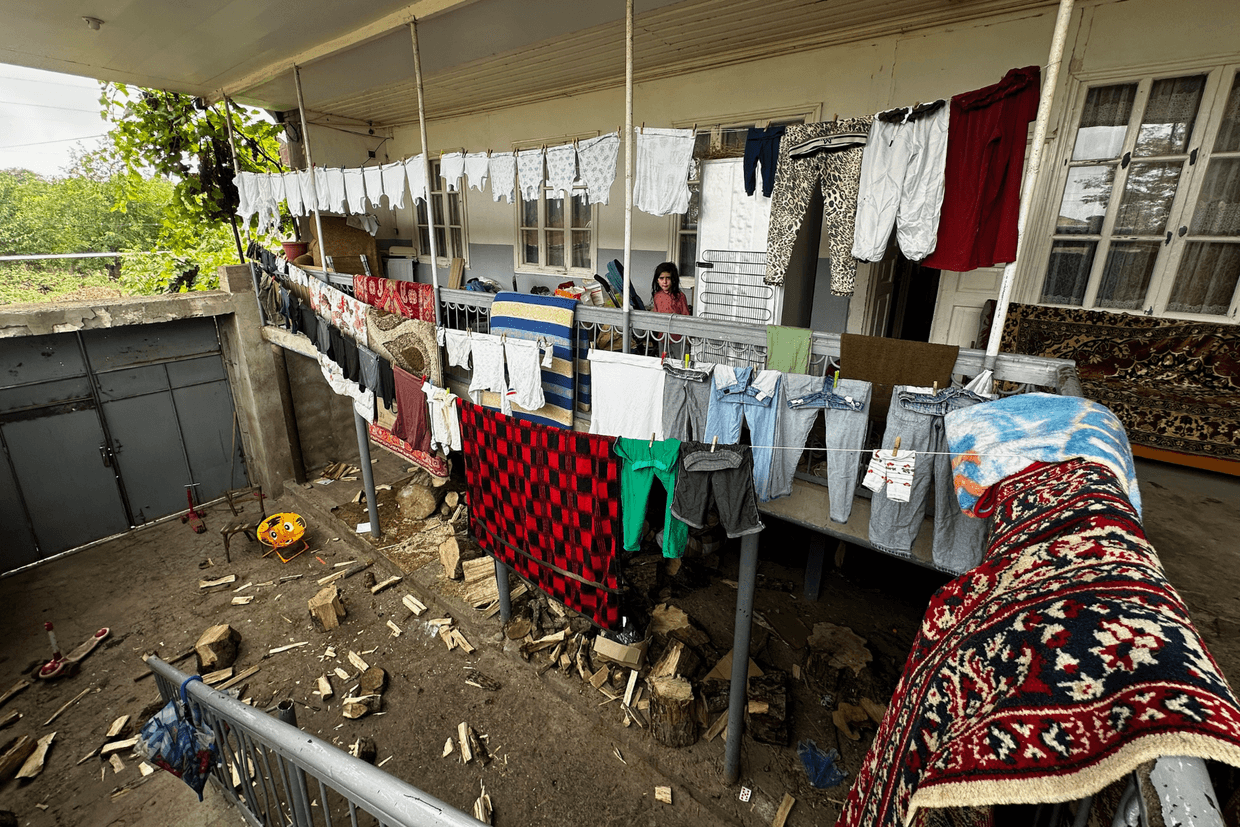
A new draft law has been presented to the Nagorno-Karabakh parliament, if passed, it would make Russian an official language to be used alongside Armenian.
The draft law cites the ‘historical memory’ of ‘cultural, military, and economic’ ties with Russia, in addition to Russian being ‘the second language of communication’ for many residents of Nagorno-Karabakh. It also encourages the publications of textbooks, press materials, and other official materials in both Russian and Armenian.
While the Russian language would gain official standing if the law is passed, it would still not have the same status as Armenian, which is listed as the sole state language in the Nagorno-Karabakh Constitution.
‘The only state language in Nagorno-Karabakh is and remains Armenian’, Aram Harutyunyan MP of the ruling Hayrenik (Homeland) party and the co-author of the bill told OC Media. ‘Changing or adding a second state language can be done only through a referendum.
Rumours of elevating Russian to the status of an official language began to circulate shortly after the tripartite peace declaration on 9 November and the deployment of Russian peacekeepers in Nagorno-Karabakh. At the time, local officials denied that there were any such plans.
Despite the denials, Kremlin spokesperson Dmitry Peskov said in December that the Kremlin welcomed the possibility of making Russian an official language in Nagorno-Karabakh, but adding that ‘it is not a subject of negotiations’ and was the ‘internal policy’ of Nagorno-Karabakh.
Aram Harutyunyn said that the necessity to elevate Russian to an official language only became clear over time, in particular, due to ongoing interactions with Russian peacekeepers. He said that the adoption of Russian will be in line with the ongoing usage of the language as a ‘working language’ with peacekeepers.
‘Besides’, he said. ‘We plan to establish certain relations, which will be much easier with a wider status of Russian’.
The bill has not been without local criticism, however.
‘The change of official language has no justification or necessity’, Mane Tandilyan, Nagorno-Karabakh’s Minister of Social Affairs wrote on Facebook.
‘The basis of the official language is the nationality of people living in that country’, she continued. ‘And to discuss the issue of language in Artsakh, as one of the most homogeneous countries in the world, is the same as to discuss the fact that the people of Artsakh are Armenians’.
Now that it has been presented to parliament, the draft law will come under discussion. The government must give its assessment of the law within a month, following which it will be examined by a parliamentary commission. Only after these processes are complete will a vote be held by parliament on whether to adopt it as official legislation.
For ease of reading, we choose not to use qualifiers such as ‘de facto’, ‘unrecognised’, or ‘partially recognised’ when discussing institutions or political positions within Abkhazia, Nagorno-Karabakh, and South Ossetia. This does not imply a position on their status








